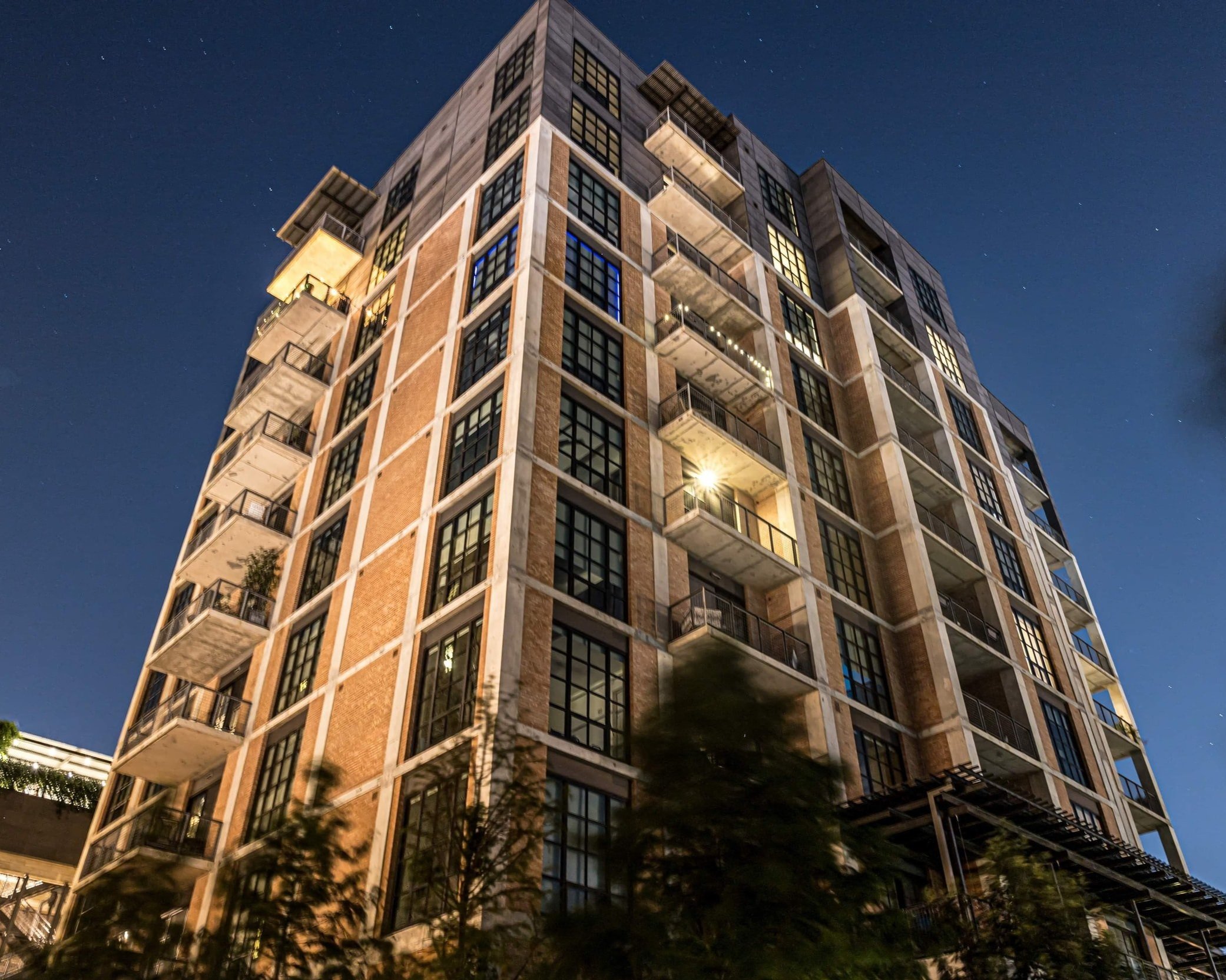Enhancing MDU Internet Security Through the Strategic Implementation of VPNs
Enhancing MDU Internet Security Through the Strategic Implementation of VPNs
Blog Article

In the current digital landscape, guaranteeing the security of internet links is essential, especially in Multi-Dwelling Units (MDUs) such as flat buildings and condo . Residents in these communal spaces often link to the same connection, which can render them vulnerable to cyber threats. One efficient way to improve internet security in MDUs is through the strategic implementation of Virtual Private Connections (VPNs). VPNs establish a protected connection over the internet, enabling individuals to safeguard their personal information and maintain confidentiality while online.
A VPN functions by encrypting the information that travels between a client’s gadget and the internet. This means that even if someone tries to capture the information, they will not be able to access it. For residents in MDUs, using a VPN can significantly reduce the risk of information leaks and illicit entry to personal data. By coding their online data flow, individuals can navigate the web, watch videos, and interact digitally without concern about cybercriminals or other harmful entities. This added layer of security is particularly crucial in settings where numerous people utilize the same internet connection.
In protecting personal data, VPNs can also assist residents reach content that may be restricted in their region. Many streaming services and sites restrict entry based on location-based area. By employing a VPN, individuals can link to nodes in different countries, enabling them to bypass these barriers and access a broader variety of internet material. This Get More Info aspect can be especially appealing to residents who want to access international news, media, or educational resources that may not be available in their area.
Implementing VPNs in MDUs can also foster a feeling of community and trust among residents. When everyone in a building uses a VPN, it creates a more protected setting for exchanging data and assets. Inhabitants can feel more at ease using shared networks for activities like online banking or shopping, knowing that their data is safe. Additionally, property managers can encourage the use of VPNs as part of their overall security strategy, helping to establish a more secure residential environment for everyone.
To conclude, the tactical deployment of VPNs in Multi-Dwelling Units is an effective way to enhance online security for residents. By coding information, providing access to limited content, and fostering a feeling of community, VPNs offer multiple benefits that can enhance the digital experience for everyone. As online dangers continue to develop, it is crucial for residents and property managers to emphasize internet safety and evaluate the advantages that VPNs can offer. Adopting this technology can result to a more secure, more connected residential environment for everyone.